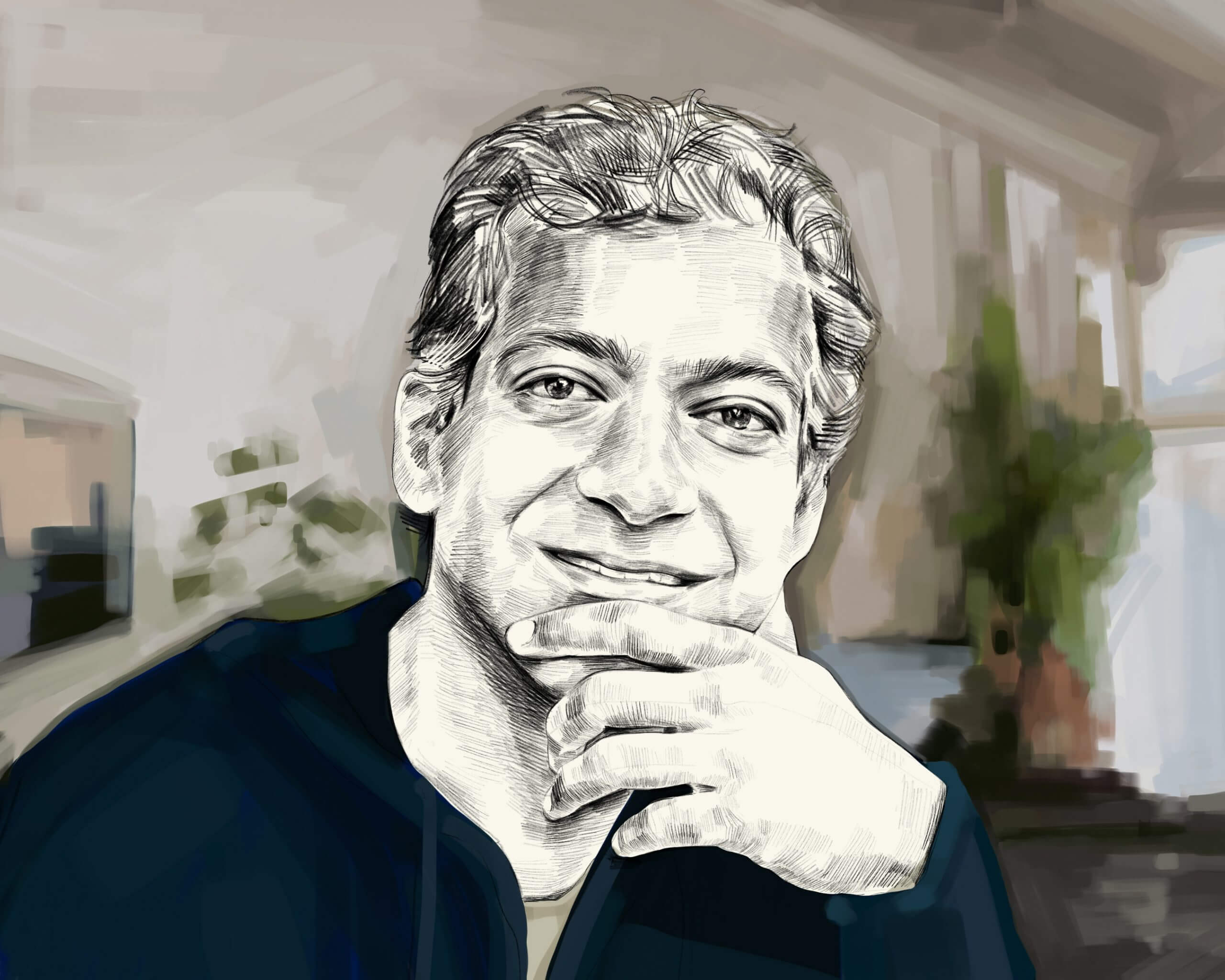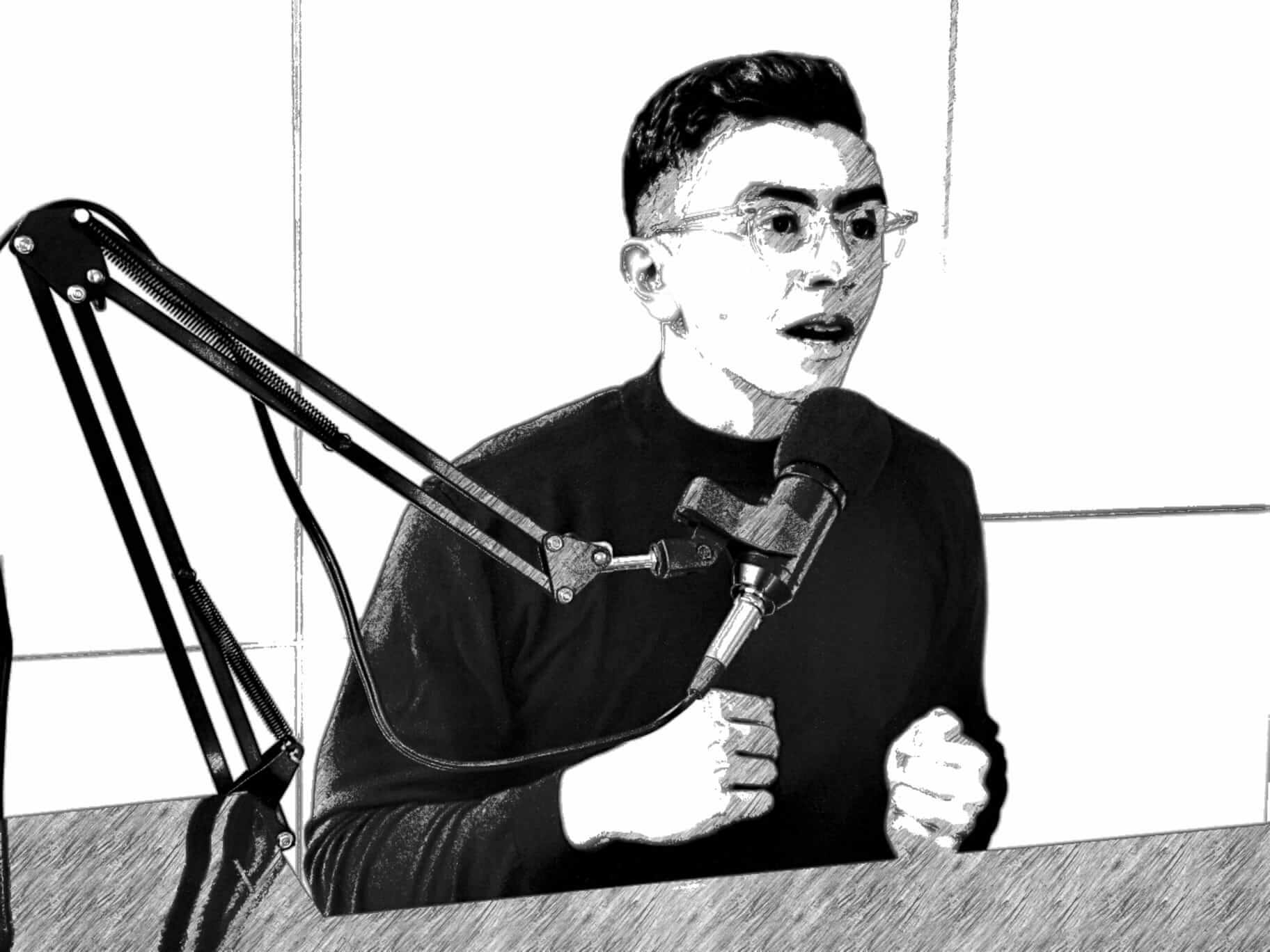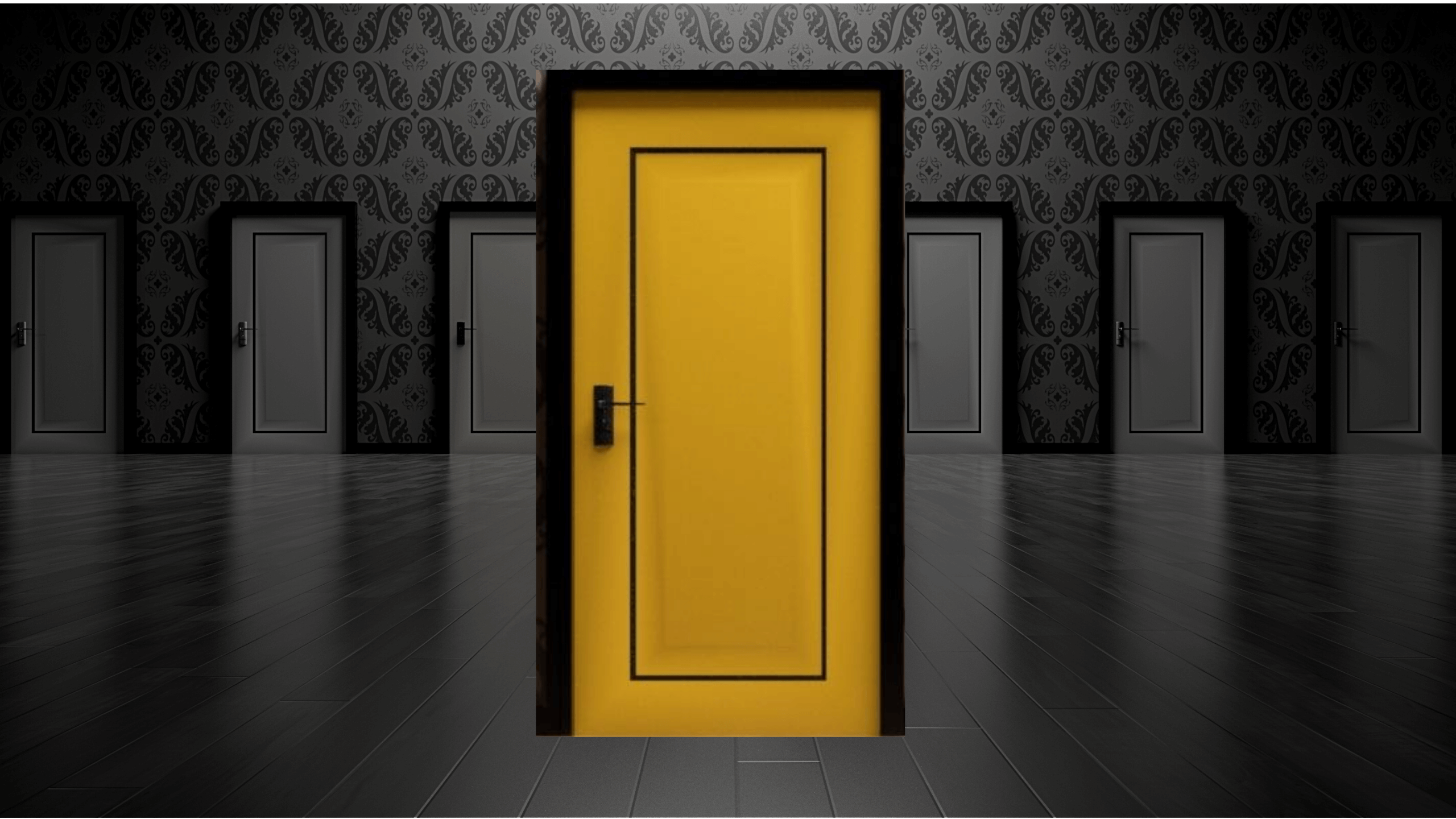Deconstructing Naval Ravikant’s ‘How To Get Rich’ Series
This is the second post on Naval Ravikant after unpacking his ideas on learning and education. Today we move into his famous Tweet storm-turned-podcast series 'How to Get Rich (Without Getting Lucky)' which is also dissected over a series of episodes on the With Joe Wehbe Podcast. This blog post corresponds to those episodes (circa #217-#226) and unpacks the ideas in written form. Enjoy! Naval on the role of money Naval’s Tweet-storm and podcast is called ‘How to Get Rich Without Getting Lucky’. He prefaces this — he thought it would be a controversial discussion but everyone was interested. We live in a
Applying Antifragile and Nassim Taleb’s Ideas to Education, Learning and Career
Okay this blog post is not like the usual stuff you get from me — it will probably require patience and note-taking. It corresponds with a mini-series on the With Joe Wehbe Podcast to do with Nassim Nicholas Taleb, whose books are pretty hard to read especially for young people! Check out the podcast here — the Taleb series starts from episode 181. I want to spend time on the podcast unpacking great thinkers about education, learning and careers and I wanted to start with Taleb. Taleb is a very entertaining, intellectually sassy figure known in particular for his epic books and ideas
What will you tell the world, that it’s not ready to hear?
Galileo Galilei spent the end of his life under house arrest, after violating the belief system of his time. The Roman Catholic Church imprisoned him as retribution for his scientific findings of heliocentrism — that the earth revolved around the sun. It defied what people at the time believed. I write of The Eiffel Tower Principle — the historic landmark also faced kickback and criticism from the French community who couldn't forsee what a wonderful gift it would be. I use this example to break down how and why people resist innovation at first. It took Einstein years to have his ideas adopted. In
Stacking the Upside — have you made the most of your opportunity?
Stacking the upside is a principle that has been central to my life for the last four to five years. The 'upside' is what you stand to gain in a situation — stacking it means piling up what you will gain. I'll give you examples below from my own personal business, learning, education and career journeys. The next examples are just to ensure that the basics are clear. If you were going to choose between two properties to buy as an investment, one which is expected to grow in value at 5% per year, and another at 10%, the one with 10%
How I spot young talent (catch them in the ‘Expression Phase’)
This comes as part of my ramblings and loose thoughts for my next book, which I'm "Writing in Public" first through blog posts. I've decided to move these back to the website, and am experimenting with keeping my newsletter simpler. The below follows this most recent post on that awkward creative phase when you 'just have ideas', don't follow through with anything, and riddle yourself with guilt. These people don't realise they're on a very natural and healthy journey towards creative brilliance. The post today is about the next phase of that journey. If you want to stay up-to-date with what I share,
32 Reasons why you can’t afford NOT to start a podcast
Should you start a podcast? As hard as it is to give generic, best-for-all advice, the answer is probably yes. There's not many things I can say that about, but a podcast is probably one of them. I launched the With Joe Wehbe Podcast about 11 months ago. I made 121 daily episodes, then stopped for eight months, but now I'm excited to start publishing episodes again. It's been a very unorthodox podcast journey, but one I'm proud of. Without major reach and distribution yet, so many positives have come from it. In that vein, the below are just 32 of the many
Find your tribe, let your passion come
I never had a 'career freak out' at any stage of my life, so it's hard to empathise with others who do. The closest I ever came was my time at uni and my time in real estate, where I knew I wasn't doing the most with my time, wasn't doing the thing that made me come alive — but I had a vague idea of what that other 'thing' was on both occasions. When I was studying at uni, I knew I should have been doing more filmmaking. When I was focused on real estate, I had a sense something that exposed
Who do you follow — the smart, the rich, the influential, or the visionary?
You're walking through a long corridor. As you come to the end, the corridor opens out to a small Room, and in that Room stands a Doorman, showing you four Doors. "I present to you four Doors", the Doorman begins. The Doorman continues. "You can choose which Door to go through — the First Door leads to a Room full of smart people. The Second Door leads to a Room full of rich people. The Third Door leads to a Room full of people with large crowds of supporters and online followings. The Fourth Door leads to a Room with people with a
Be careful who your first heroes are
Tim Ferriss runs one of the world's best podcasts, is a bestselling author, and was ahead of his time when he published the 4 Hour Work Week. He is one of few icons of mine. I consulted his blog a few years ago for guidance about writing a book. What I found disheartened me, shattered me. Don't write the book first
Within you there is a domestic ‘you’ and a work ‘you’
The typical family has a breadwinner who goes out to hunt or to work. And the nurturing partner who stays 'home' to protect and look after the young, to maintain order. But, if the breadwinner spends too much time away, the housebound partner eventually tells them off. "You're always working" they say, "you never have time for me". The breadwinner might love and be consumed by winning bread, by work, but no matter how deep one's immersion is in their work, they cannot neglect their home. Because by doing this, they throw their beautiful unity off balance, and drive the homebound partner away. In the











